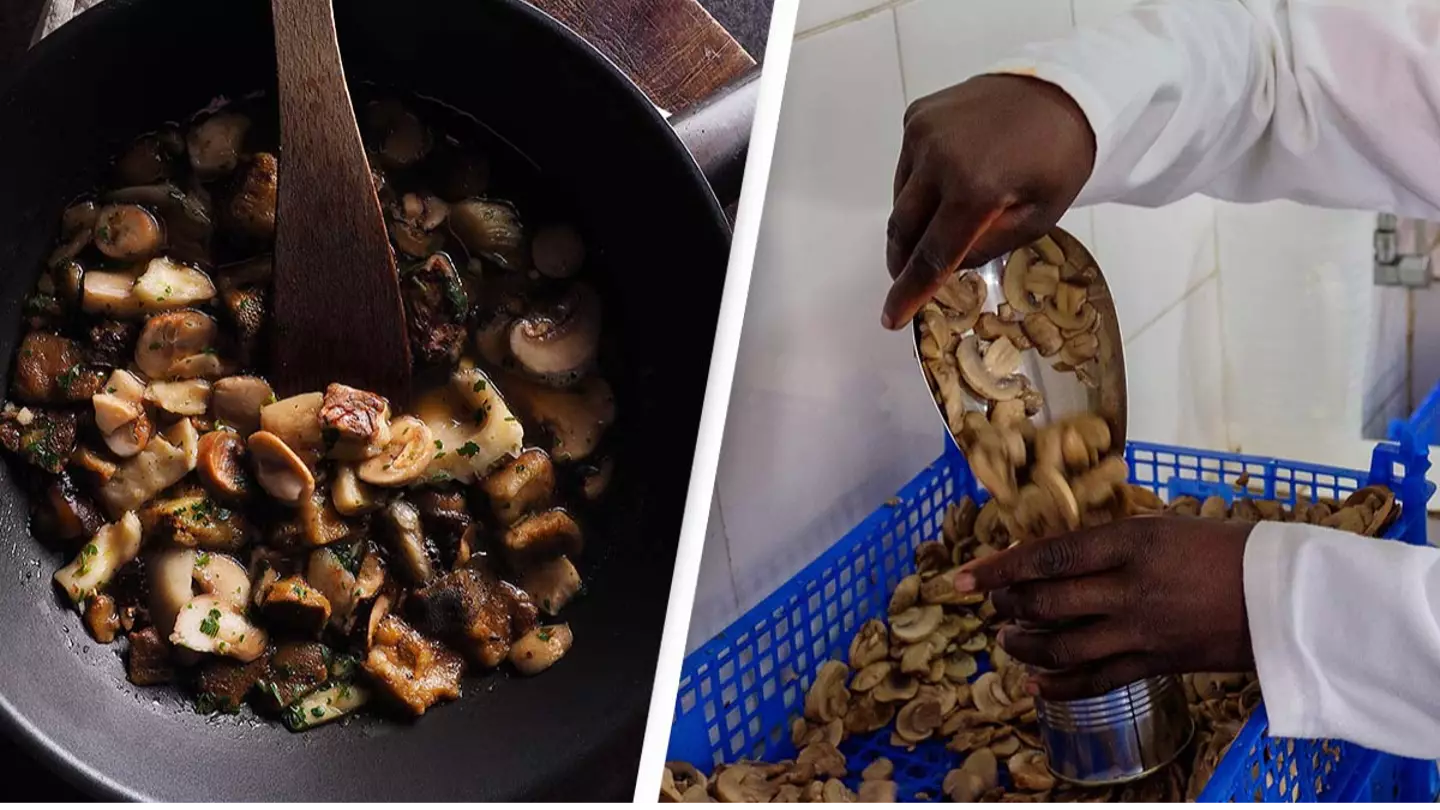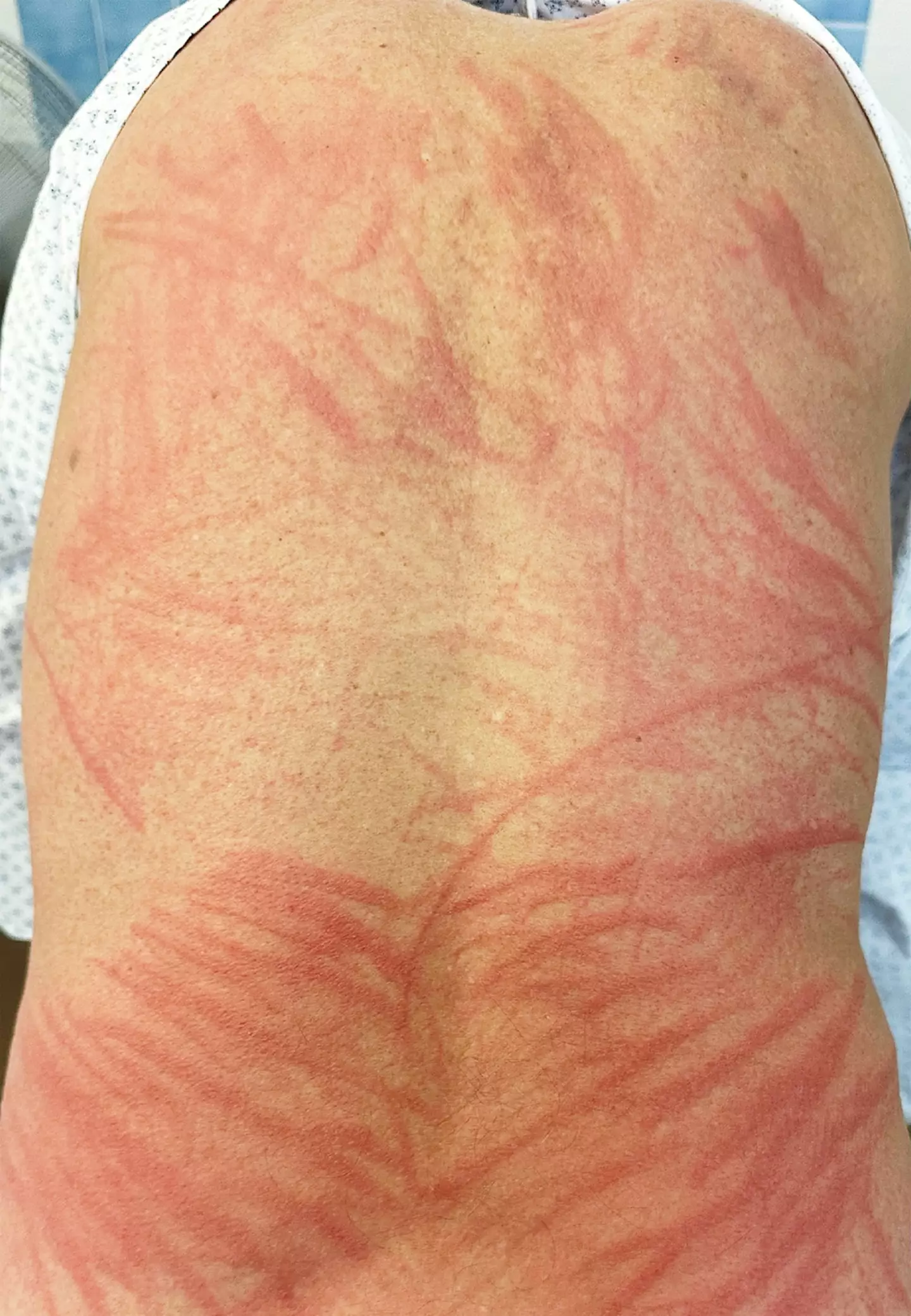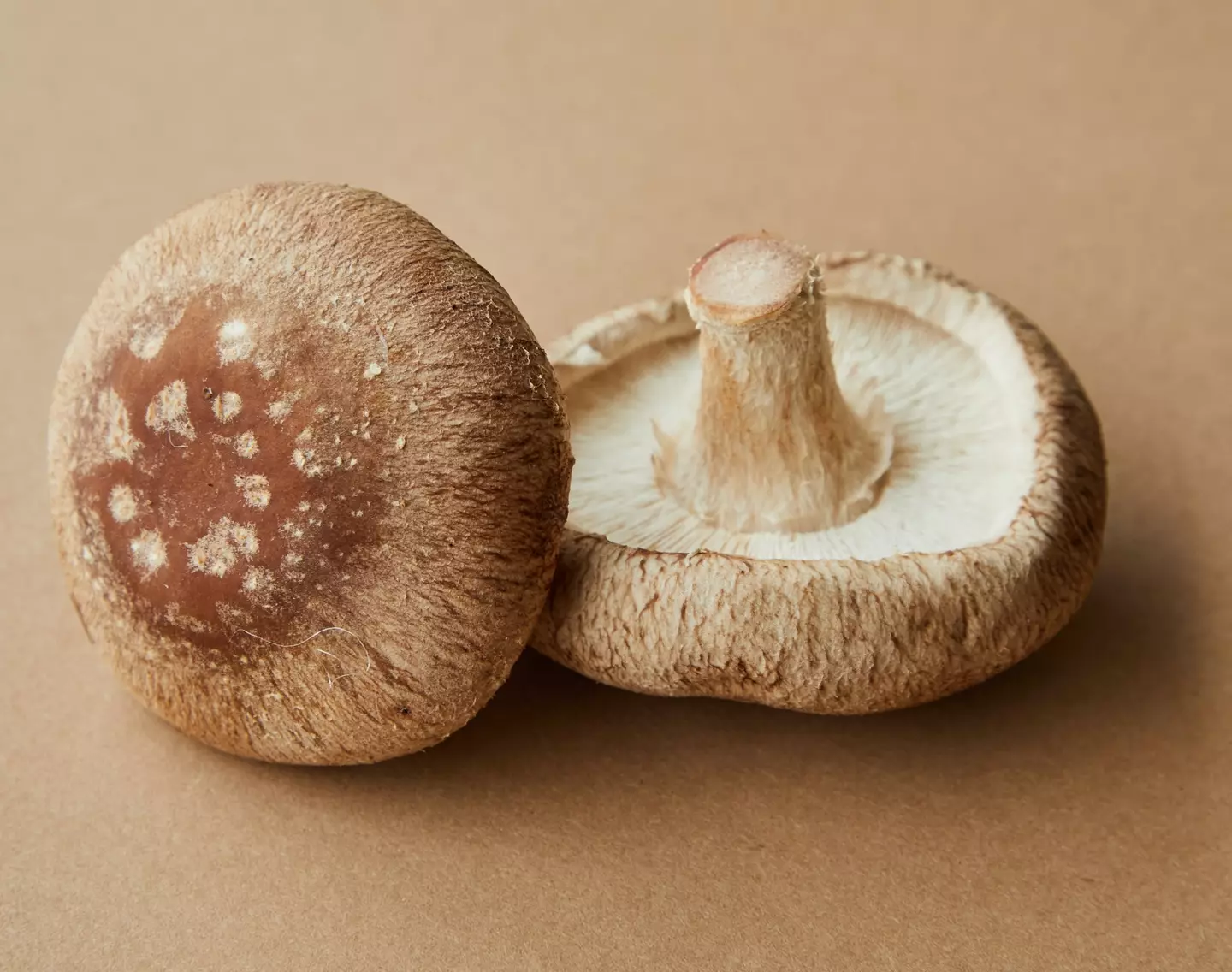
Medical professionals are raising awareness about a certain type of popular mushroom which can leave you with a scary reaction if undercooked.
Mushrooms. They're like Marmite, most people love them or hate them. Some - including me - can think of nothing better than the crisp, golden, butter-smothered buttons of goodness, whereas others see them sizzling in the pan and think they look like soggy slugs.
But there's nothing wrong with enjoying mushrooms, unless, that is, you don't cook them properly. And we're talking about one type in particular, so be careful next time you sit down to tuck into a warming ramen.
Advert
In an article published 12 October, 2023, the New England Journal of Medicine raises awareness of a specific condition which can be brought on by an undercooked mushroom.
It explains a 72-year-old man went to the accident and emergency department (A&E) in a hospital after developing 'an itchy, linear rash across his back' - imagine what Gale's back looked like after he was whipped in The Hunger Games.
It was discovered the rash had developed in the 48 hours since the man ate dinner. But what did he have for his meal?

Well, the man had prepared and eaten shiitake mushrooms in his dinner.
The patient didn't show signs of a viral or bacterial infection - his lymph nodes would've likely been swollen if so - and so, doctors came to the conclusion he must've not properly cooked the shiitake mushrooms, and be suffering from a condition fittingly dubbed Shiitake Dermatitis.
According to the Official publication of the Brazilian Society of Dermatology's article on Shiitake dermatitis in the National Library of Medicine, the condition 'is a skin eruption that resembles whiplash marks and occurs after consumption of raw shiitake mushrooms'.
"It is caused by a toxic reaction to lentinan, a thermolabil polysaccharide which decomposes upon heating," the article continues.

Author Takehiko Nakamura is the first person to have described the condition, after observing '51 patients with shiitake dermatitis,' according to Wiley online library.
"In 1992, Nakamura made a prediction that, in the future, there would be an increase in the occurrence of shiitake dermatitis, due to the growing popularity of this delicacy in the occidental diet.
"Indeed, the world's mushroom industry markets more than two million tons of mushrooms per year and is still expanding. Today, shiitake mushrooms are the second most produced edible mushrooms worldwide," the Official publication of the Brazilian Society of Dermatology continues.

Despite the type of mushrooms being mainly used in Chinese and Japanese cuisine, cases of shiitake dermatitis have occurred across the globe, such as in one man in Rio de Jaeiro, Brazil, and another case in Germany.
However, the Official publication of the Brazilian Society of Dermatology reassures the condition is not only very treatable - the Brazilian patient's lesions 'resolved completely in about 10 days' - but also 'rare'.
In the recent case of the 72-year-old, the patient was given oral antihistamines - like what you'd take for hay-fever - and topical steroids and lived to eat again, although he was probably put off mushrooms for a while.
Topics: Food and Drink, Health, Social Media